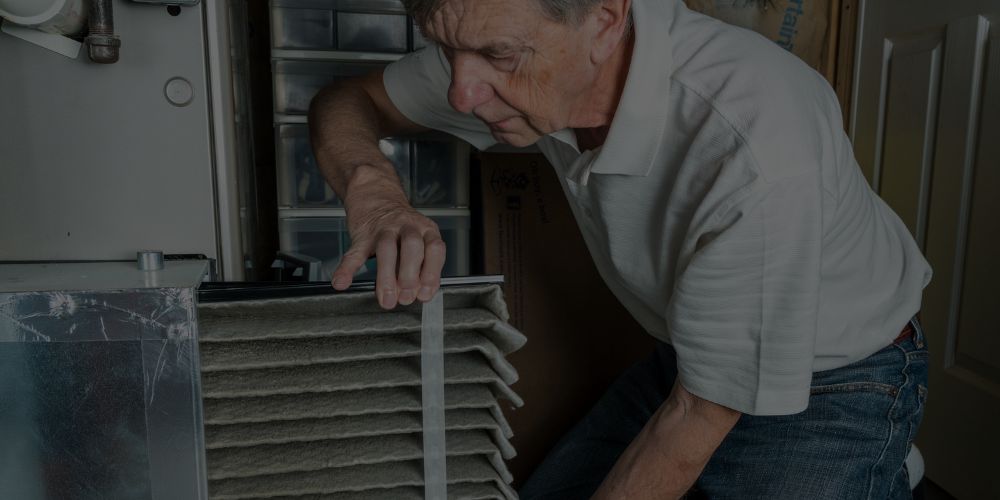
If you are a homeowner, you know that maintaining your HVAC system is important to keep your home comfortable and your energy bills in check. One of the easiest and most effective ways to extend the life of your HVAC system is to change the air filter regularly.

 Email Us
Email Us 26.06.2024
26.06.2024  Brooke Kirshne
Brooke Kirshne